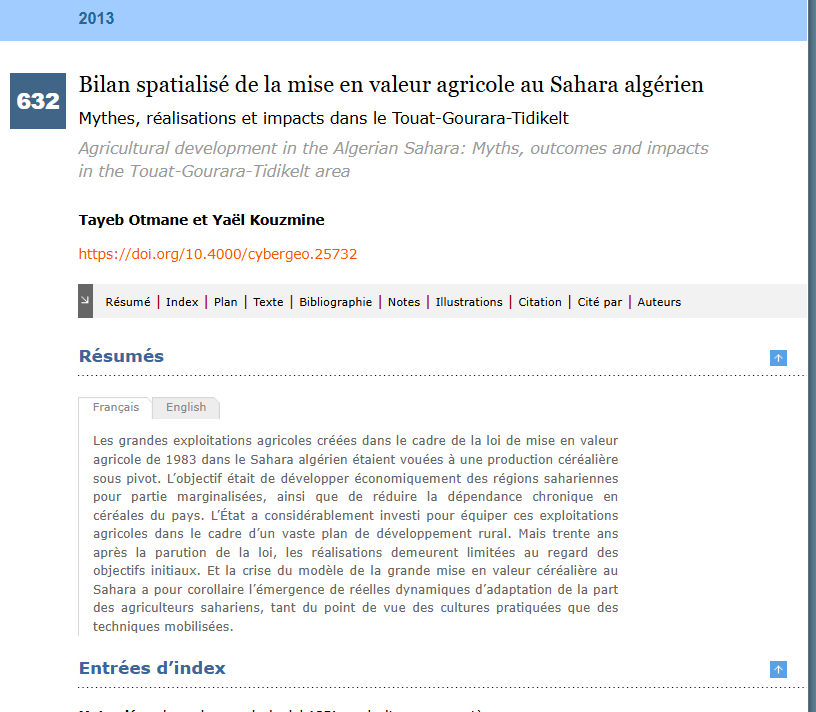Identification of suitable land for supplemental surface irrigation in semi-arid areas of North-western Ethiopia
In arid and semi-arid areas, a shortage of soil moisture limits rainfed crop growth and consequently reduces crop yield. By adding a small amount of water, supplemental irrigation can boost crop yields dramatically. The objective of this study was to identify suitable land for supplemental irrigation in a moisture deficit area in the semi-arid Ethiopian highlands using GIS-based multi-criteria evaluation. Land suitability and water availability factors were used for the analysis.



